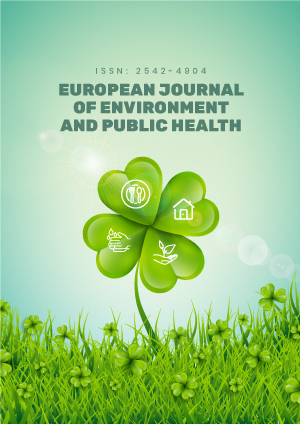Abstract
The pathogenesis of asthma is multifactorial and not completely understood; however, it is considered a chronic inflammatory disease that affects the airways and has a clinical development of wheezing, shortness of breath, chest tightness, and cough. The prevalence of asthma has increased drastically during the past few decades. Urban air pollution from industrial emissions has been implicated as one of the major factors responsible for this increase. The objective of this paper was to analyze the impact of sulfur dioxide (SO2), nitrogen oxides (NOx), and carbon dioxide (CO2) on the overall prevalence of asthma for adults and children. The statistical analysis was conducted using SAS statistical software to determine multiple comparison tests for asthma prevalence among years, ages, ethnicities, and gender, and emissions of SO2, NOx, and CO2 among regions and years. Moreover, SAS was utilized to estimate fully parametric regression models for emission density on total asthma prevalence, child asthma, and adult asthma. In our investigation of asthma prevalence, blacks, females, and children were found to have the highest incidence of asthma. Industrial emissions of SO2, NOx, and CO2 were analyzed, and CO2 had the largest emissions, followed by SO2, and lastly NOx. NOx had the highest correlation with asthma prevalence in child and adult asthma; however, when the influence of SO2, NOx, and CO2 on the overall asthma rate was investigated, CO2 showed the highest correlation. Furthermore, children exposed to SO2, NOx, and CO2 were found to have an increased risk of asthma when compared to adults. This adds to evidence that outdoor air pollution is associated with asthma and that more needs to be done to decrease industrial air pollution.
License
This is an open access article distributed under the Creative Commons Attribution License which permits unrestricted use, distribution, and reproduction in any medium, provided the original work is properly cited.
Article Type: Research Article
EUR J ENV PUBLIC HLT, Volume 4, Issue 2, 2020, Article No: em0046
https://doi.org/10.29333/ejeph/8288
Publication date: 20 May 2020
Article Views: 5129
Article Downloads: 3917
Open Access References How to cite this article
 Full Text (PDF)
Full Text (PDF)